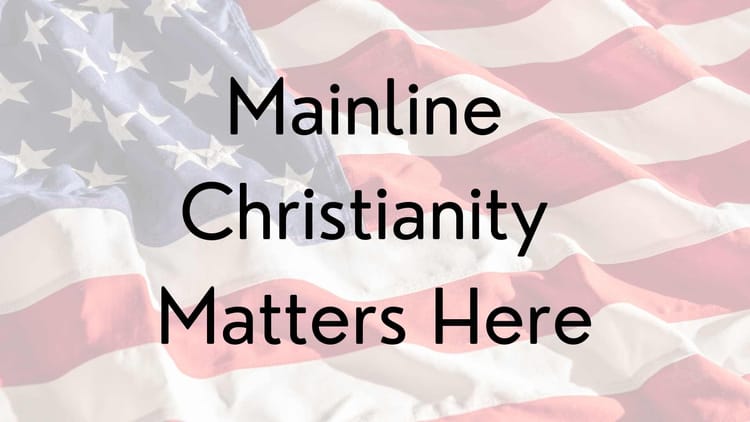A Revolution in Education–and Formation?
As the sidebar says, I’m a mom. One of the things I do as a mom is participte in the Academic Advisory Committee of my children’s school. Today we received a presentation on the new Common Core Standards for education.
What I learned was this:
- States voluntarily came together to develop common standards for learning so that there could be a single expectation for all students in the USA.
- These common standards were developed for math and english/language arts, the critical areas that enable learning in all other areas.
- These standards were developed with “the end in mind.” Rather than starting by saying “What is it reasonable to teach a kindergartener?” and building up from there, the developers asked, “What do our students need to know by the time they graduate from high school?”
- The core competencies are identified as end goals, then broken down grade level by grade level so each level of competency builds on the next. As the site says, “The standards establish a “staircase” of increasing complexity.”
- These standards “provide a consistent, clear understanding of what students are expected to learn, so teachers and parents know what they need to do to help them.”
I sat and listened to this presentation not only as a mom, but also as a professional in Christian formation. Here are some of the thoughts that ran through my mind:
- It is evident that competence in reading, writing, and math are foundational life skills. Competence in Biblical literacy, prayer, and theological reflection are equally foundational life skills.
- Recognizing that Christian formation lasts a lifetime, what standards of basic competence in Biblical literacy, liturgical leadership, church history, theological reflection and prayer do we expect of an 18 year old?
- What would happen if a standard were developed and we began to target instruction to that standard, actually expecting specific outcomes?
As I said in my last post, I’ve been reviewing written curricula for 15 years. I’ve reviewed plenty of “scope and sequence” documents. Usually they simply outline which Bible stories will be taught when. I don’t know that I have ever seen anything that describes what a Biblically literate person ought to know, much less what positive attributes we are hoping to inculcate as a result of Christian formation.
Was there a moment when we realized that having kids memorize the catechism and testing them on how well they knew it wasn’t turning them into Christians? I am guessing there was.
The challenge is, having no standards isn’t working all that well either.
I wonder if it’s time to begin to imagine a common core. Maybe a common core that was applicable to any age… so that competency could be acquired by grownups as well as children. If you could lead Morning Prayer, talk comfortably about the differences between Mark and Matthew’s understandings of Jesus, explain the difference between Judaism, Islam and Christianity with a reference to the stories of Scripture, you would have a basic comptence. Just for example.
I wonder what an Episcopal Common Core would look like! Is there one already that I haven’t discovered? Remember, I’m new here.
Comments are open…





Member discussion